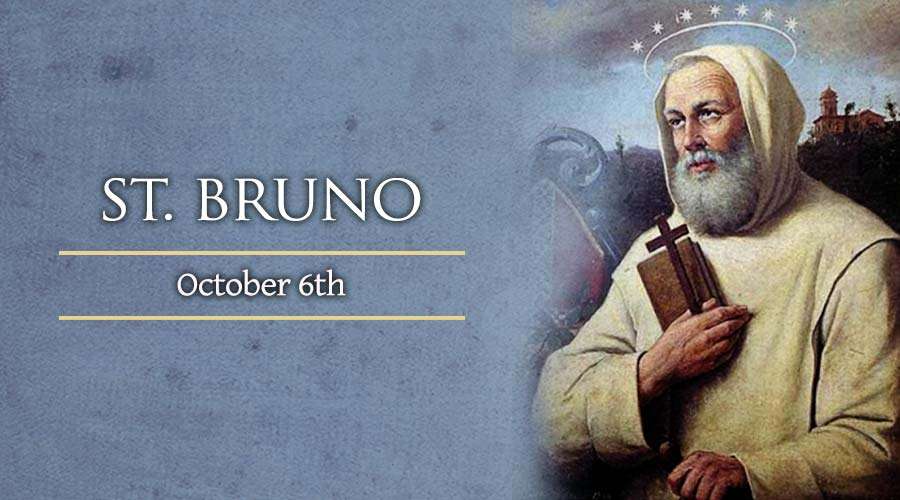
A deeper insight into souls gradually allows us to discover that behind possibly disappointing exteriors often lie real treasures of interior life, of generosity, and of an authentic search for God. Nevertheless, it cannot be denied that these precious gems are often buried in unattractive dress. How could it be otherwise, face to face with the Absolute? Is this not the price of such dangerous proximity to fire? For it highlights all our faults, all our roughness of character and all the petty misery which in other circumstances would be swallowed up in the surrounding sea of trivialities. To wish to come face to face with the light of God is deliberately to consent to expose all our faults and pettiness to the hard light of day. These first become apparent to others, and then, as we become enlightened, to ourselves. We first discover mediocrity in others and afterwards, in ourselves.
Risks are always involved when our aim is high. Seeing our-selves apparently ever more distant and removed from our goal is a painful suffering. On a more prosaic level, this mediocrity is the consequence of our separation from the world. To the extent that solitude is effective, it deprives us of a great many advantages which might introduce into the community an élan or a renewal which would mask the mediocrity or remedy it in some way. The critical choice must be made: either choose God and accept that perfection must come first and foremost from within, or leave open certain gates to the world so that certain means, other than those proper to the desert, play a part in one’s life. The usual choice in the Charterhouse is the former. To make such a decision quite deliberately represents a very real sacrifice — an entry into solitude at a very exacting price. In effect, it is a conscious decision to leave untapped a part of our human potential so that God may well up from within. Such conditions are only suitable for those who have already attained a certain level of human maturity and self-motivation in their spiritual and intellectual life.
The discovery of mediocrity first in others and then in oneself is a step towards an even more disconcerting discovery. Holiness, perfection and virtue — all these qualities which, without realizing it, we believed to be reflections of the Absolute within ourselves — begin to vanish. Everything which tends to make the ego a point of reference or an autonomous centre must disappear in order to conform with the resurrected Christ who is but pure relation to the Father. Even his humanity is now endowed with divine names. All created riches have been stripped away in order to be nothing but pure relation.
Such is the direction which the monk must take little by little: first, in his interior life and then in all his activities, whether in cell or in community. He must learn never to focus on himself but to be taken up in the movement of a divine love which has neither beginning nor end, neither goal nor source, neither limit nor shape. He must surrender to the breath of the Spirit, without knowing whence he comes nor whither he goes. —Meditation on the Carthusian Vocation. Transfiguration Chartreux.

